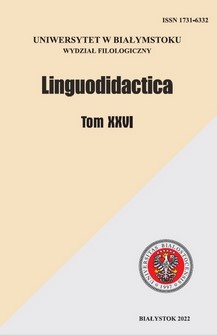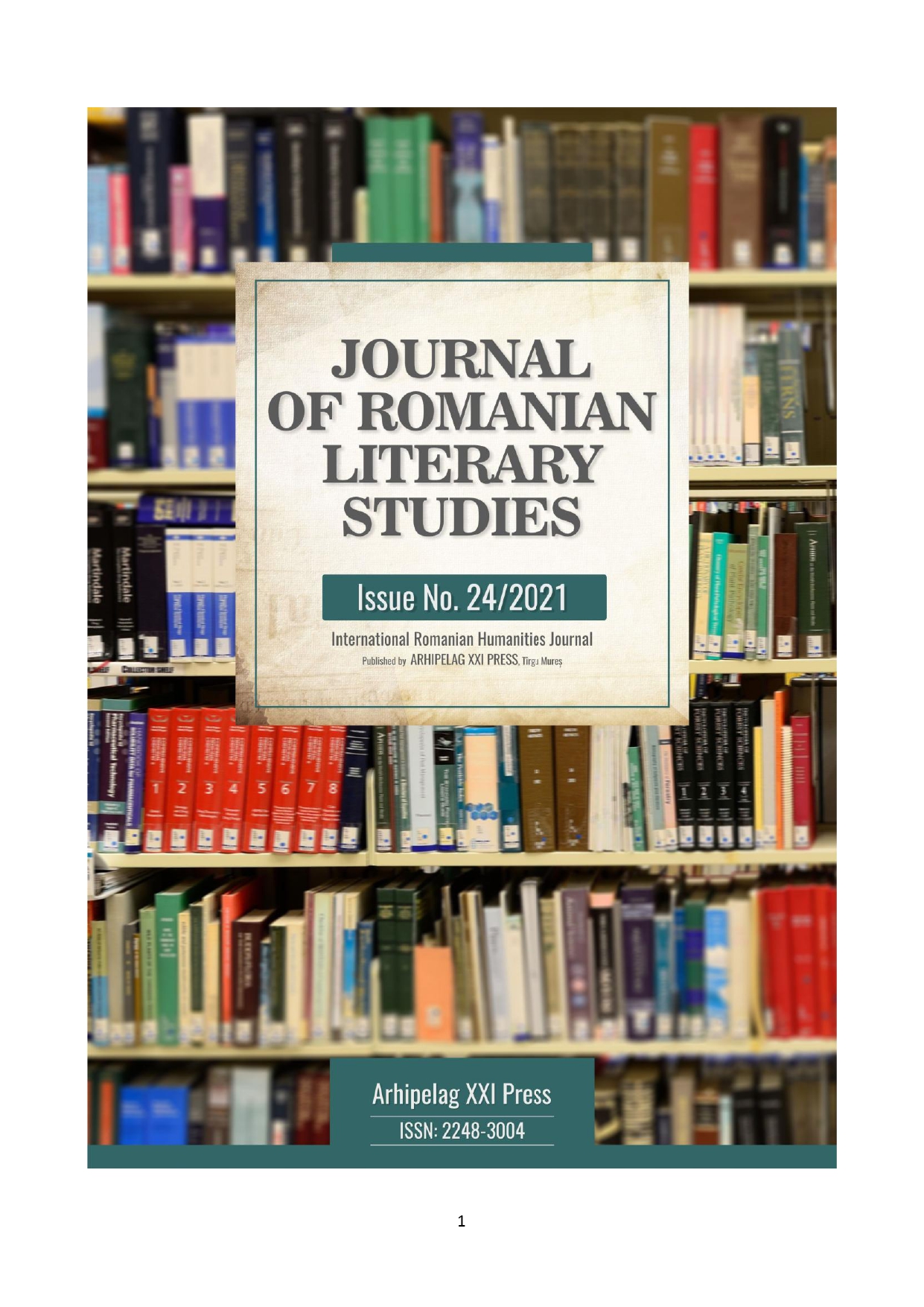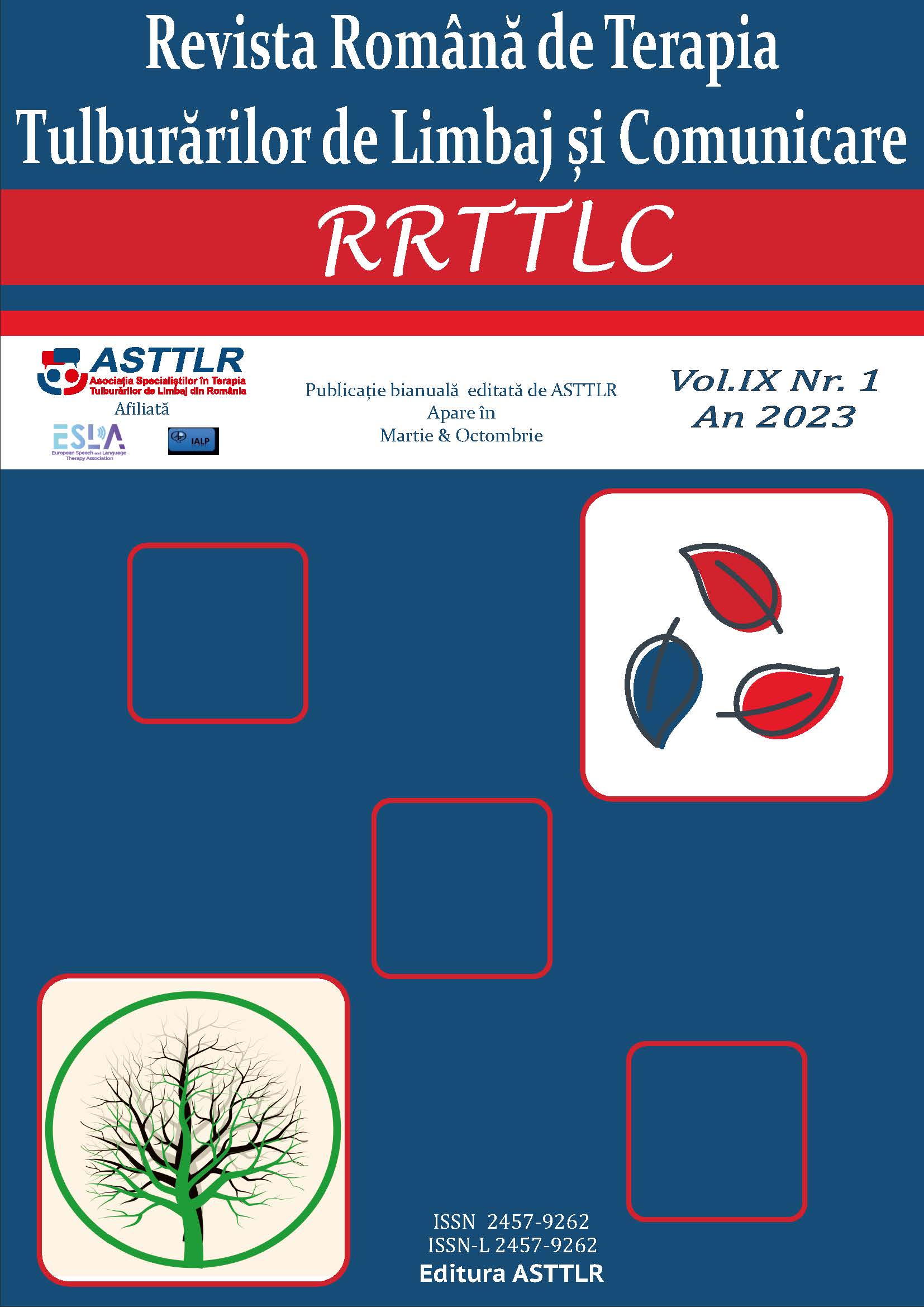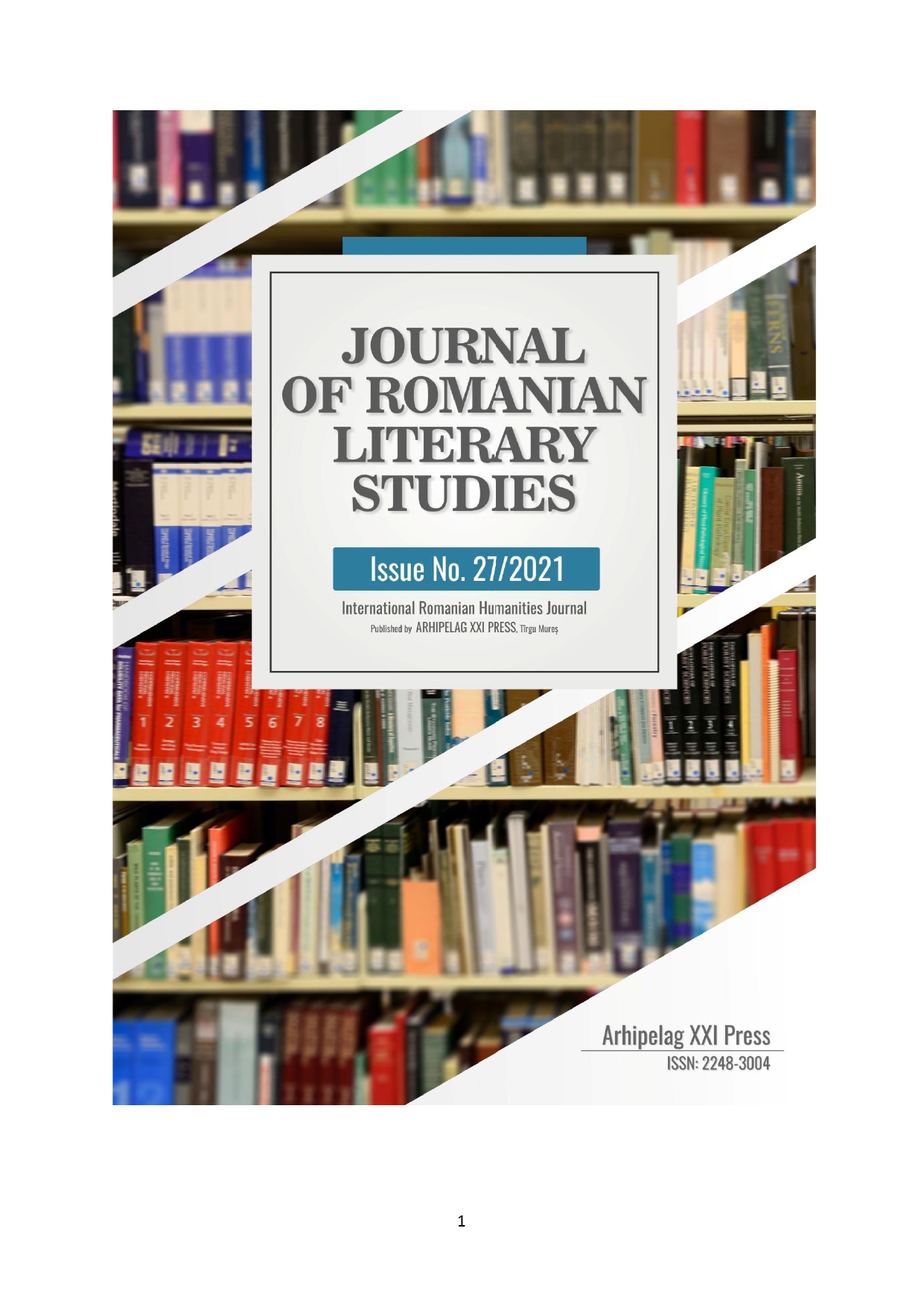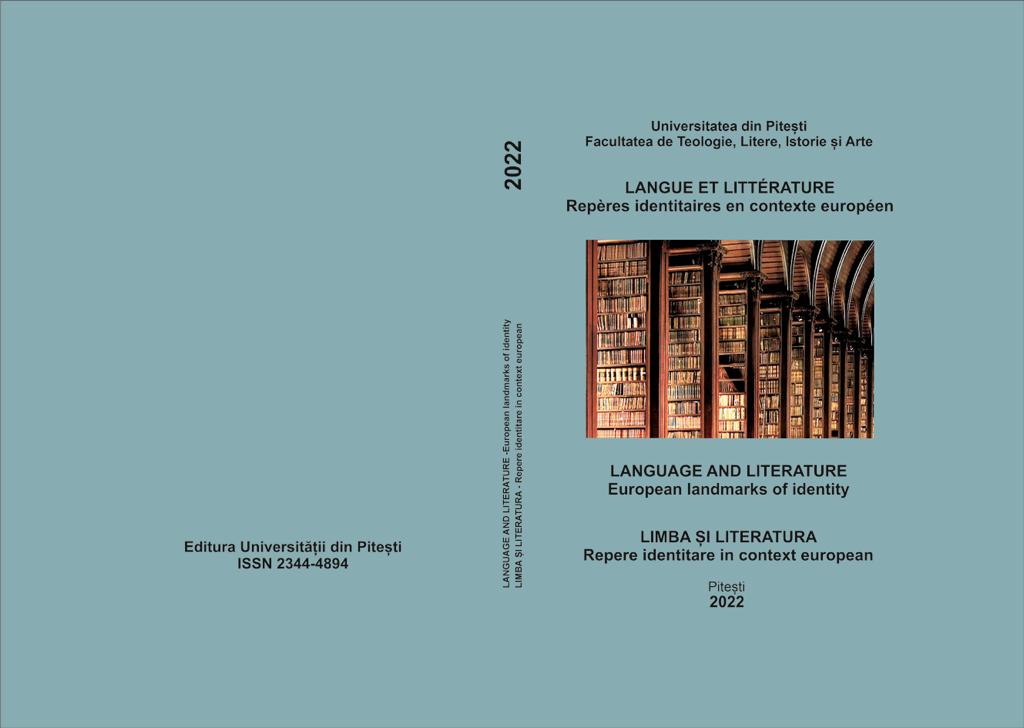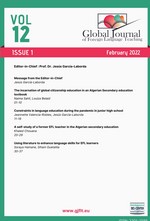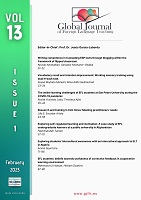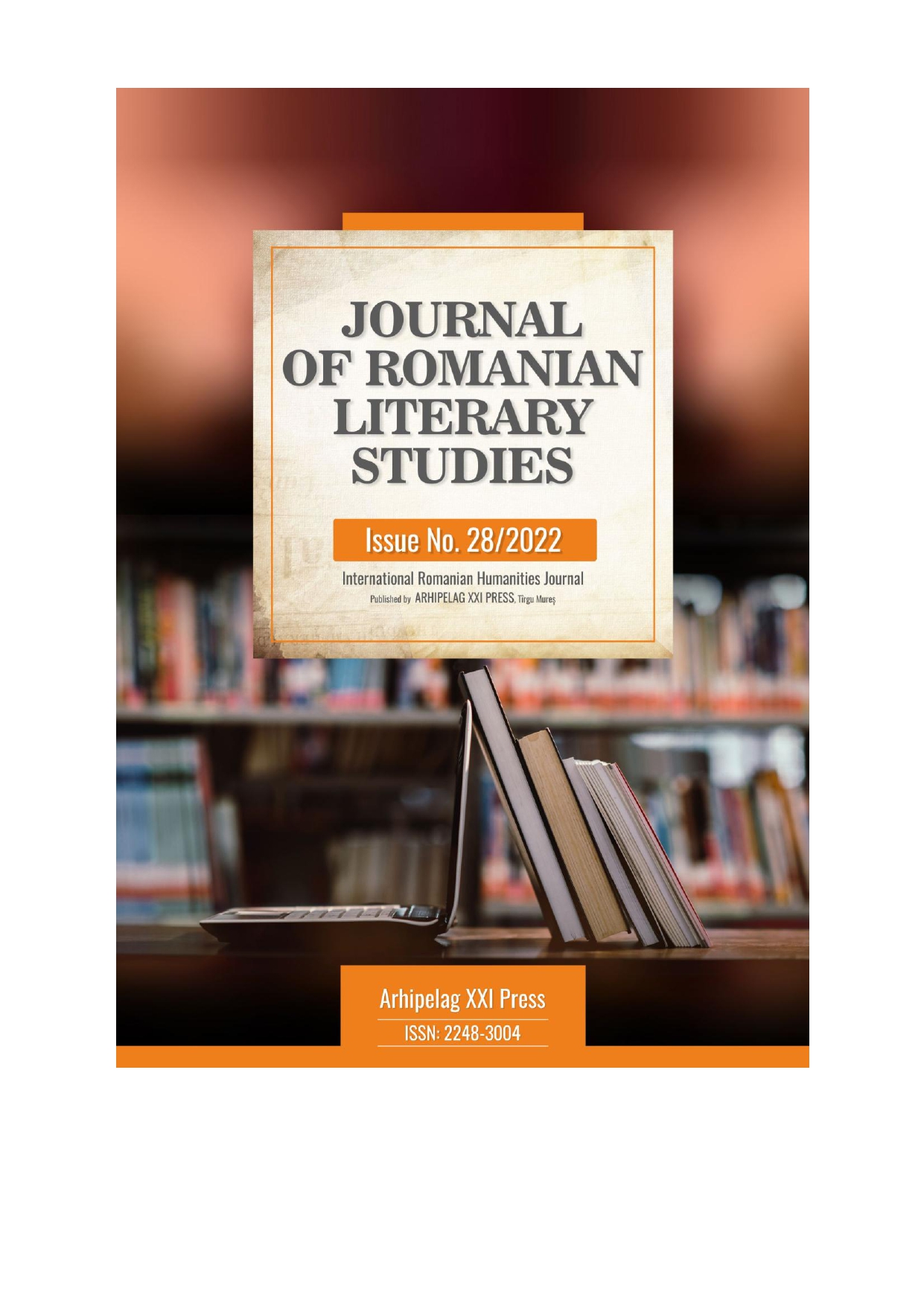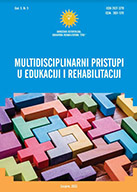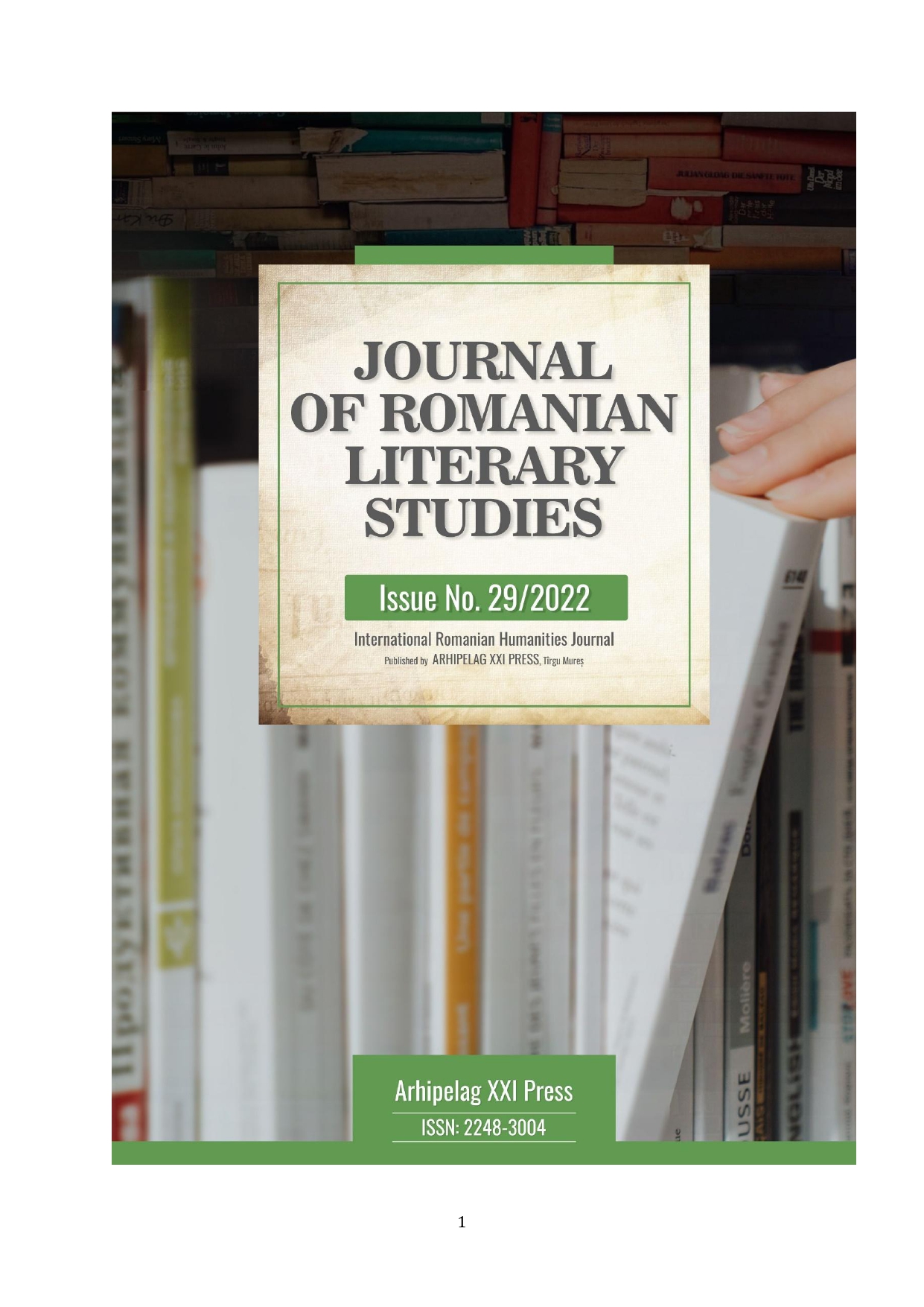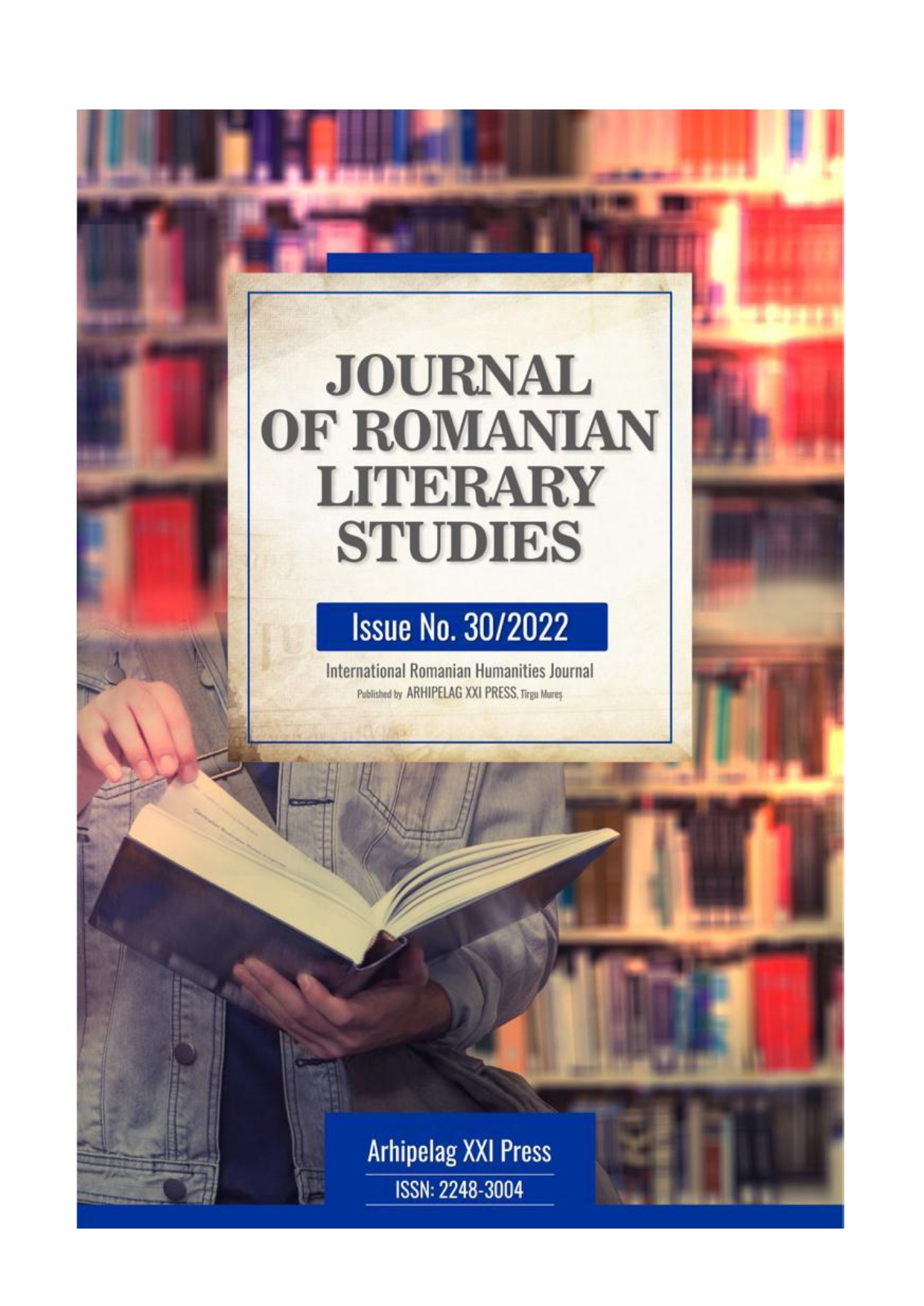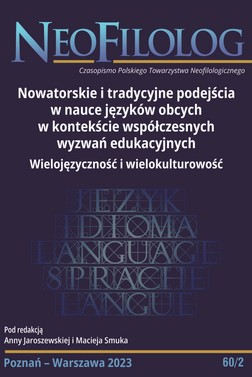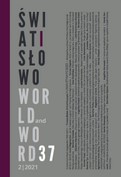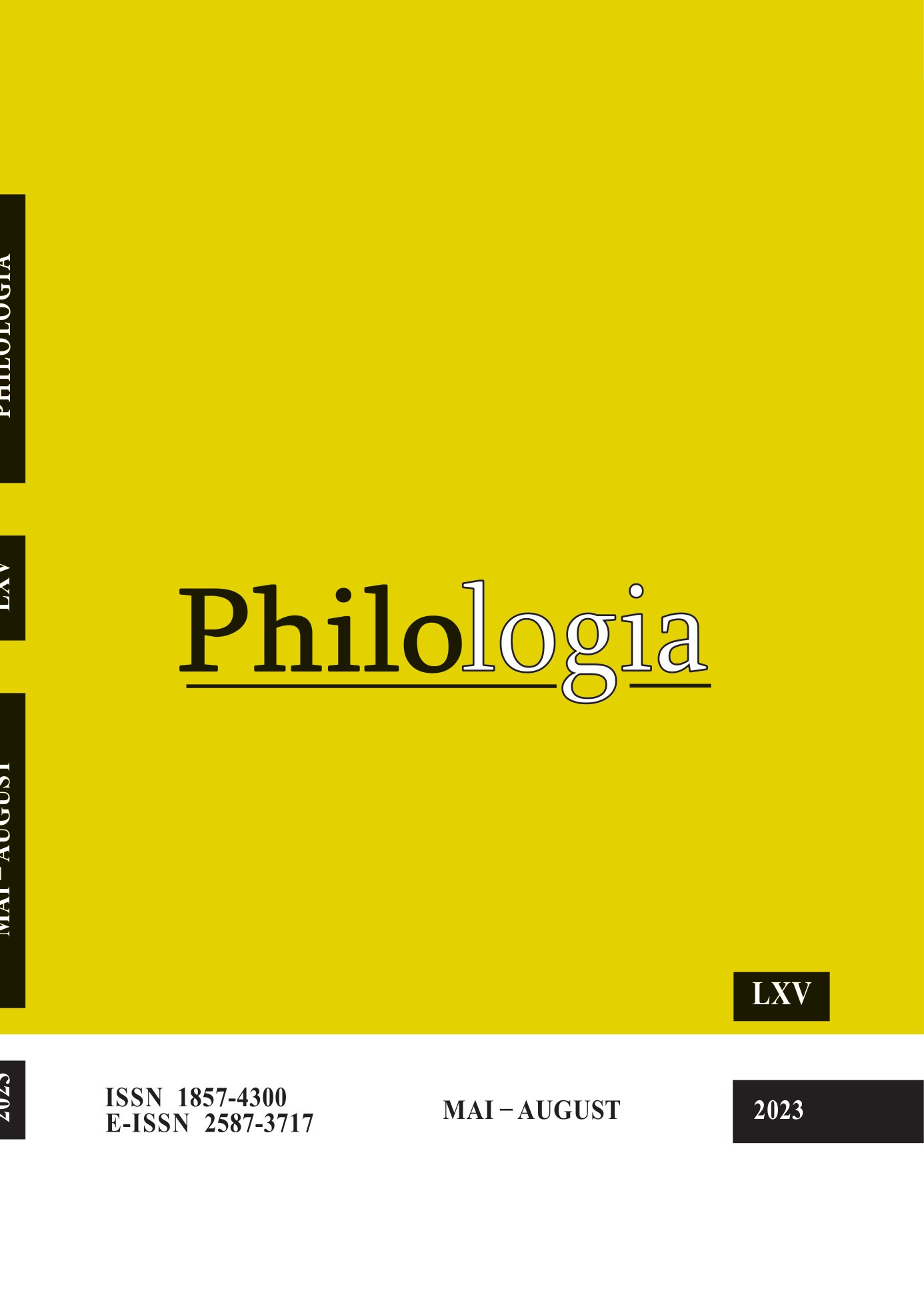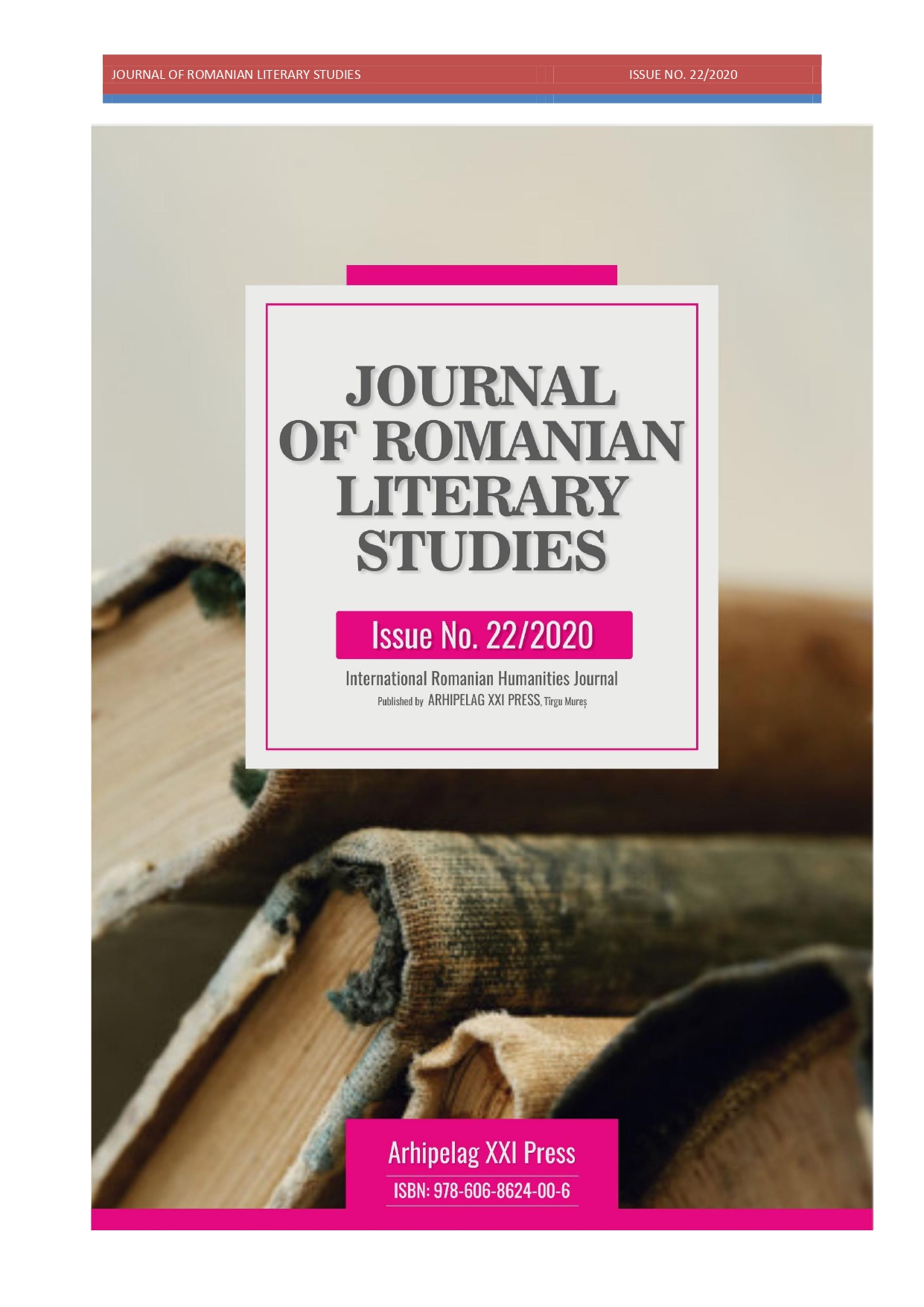
SPECIFIC FEATURES OF ANGLICISMS IN CONTEMPORARY RUSSIAN MASS-MEDIA
Nowadays, when the accelerated and unprecedented pace of globalisation leads to an intense intercultural communication, the study of loanwords seems legitimate more than ever. The given article focuses on loanwords of English origin in contemporary Russian mass-media. From the point of view of functional styles (defined as „systems of interrelated language means serving a definite aim in communication” [Galperin, 1958, p. 127]), media technologies that reach a large audience via mass communication have to do with publicistic and newspaper style, thus encompassing a wide range of features specific to more than one linguistic segment. On this background our paper provides an analysis of various types of loanwords and of the functions they perform in contemporary Russian language. Ultimately, this proves to be either a modern imperative, if technological progress is to be considered, or a matter of choice, when taking into account the audience’s personal option for or against loanwords usage according to its own set of cultural values.
More...
